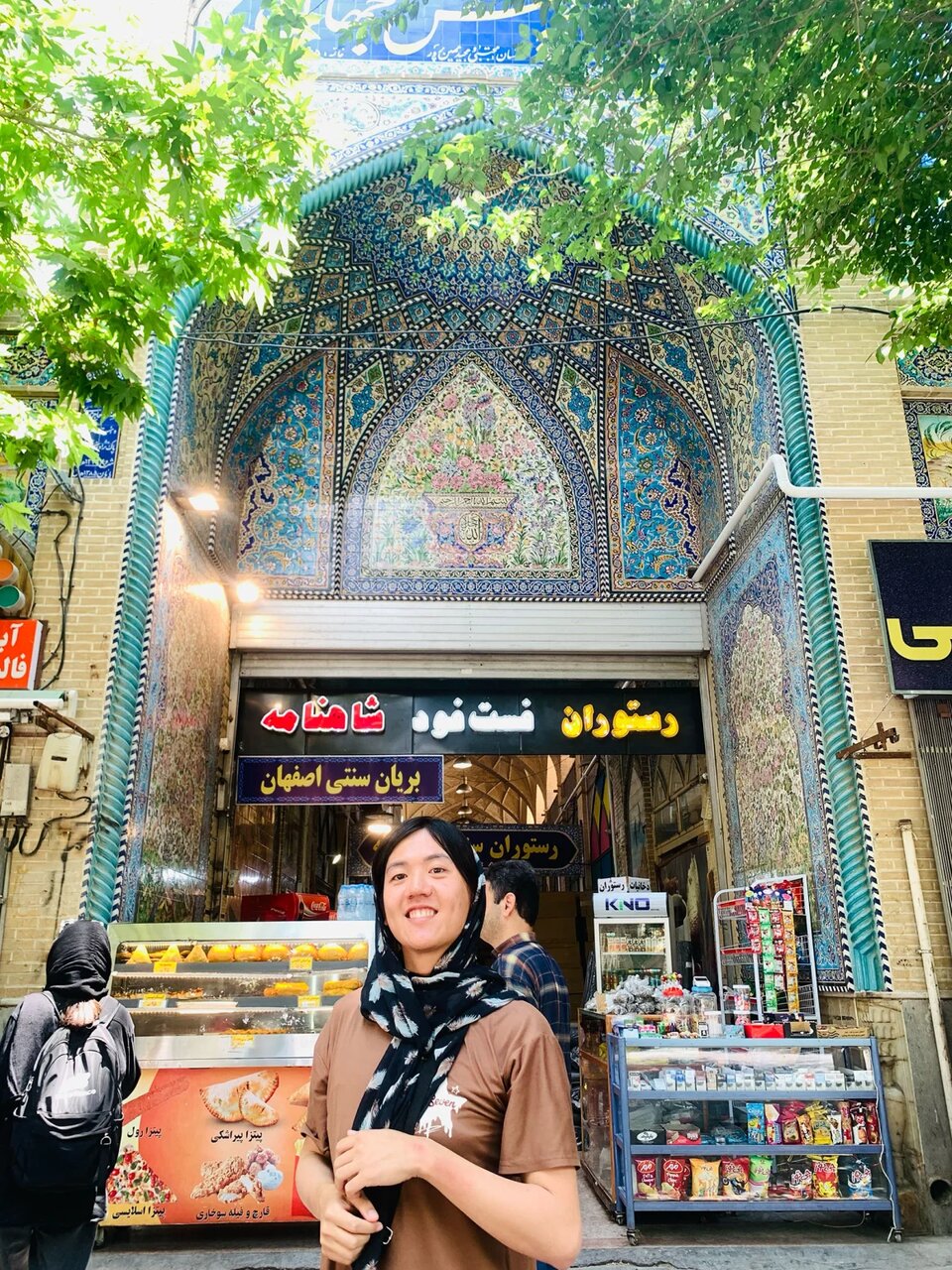‘I will never regret coming’: solo female traveler reflects amid Israel’s strikes on Iran

TEHRAN - When 24-year-old Taiwanese traveler Ariel Kang Chengxuan went to bed on June 12 in Isfahan, Iran, she had no idea she was about to wake up in the midst of all-out war.
According to a CNN report, Kang was halfway through a two-week solo trip exploring the historic city renowned for its stunning Persian blue-tiled domes. That night, Israel launched a series of devastating airstrikes targeting Iran’s nuclear and military facilities, sparking 12 days of intense conflict across the country.
The next morning, Kang first heard about the strikes through concerned messages from friends online. Yet, outside her homestay in Isfahan, life seemed almost normal: shops remained open, streets were less crowded but not deserted.
It wasn’t until June 14, while watching TV with her host family, that the true gravity of the situation struck home. “We were so shocked to see the scene of the missile attack,” Kang was quoted by CNN as saying on July 5.
“The family said they had experienced similar conflicts last year and warned the airport might close,” she added.
For Kang, who had traveled extensively since 2022, funded by a part-time job during university, the sudden escalation was unnerving. “I was quite helpless at first hearing about the attack. I was there alone,” she said.
Obtaining a visa for Iran was itself a challenge. Kang applied through an online agency, paying $15 for the visa and another $134 upon entry. She found Iran’s tourist infrastructure limited and public transport difficult to navigate without speaking Farsi.
“Traveling in Iran can be daunting,” she said. “But the kindness of locals helped me overcome my fears. You need strong nerves and the courage to ask for help.”
Relying on homestays booked through a couch-surfing website, Kang found that human connection was the cornerstone of her journey. Locals often approached her with warm gestures -- using translation apps to tell her “you are my guest.” “It was the warmth of these connections that made the experience unforgettable,” she reflected.
The stunning architecture of Isfahan was Kang’s original draw. Once a major Silk Road hub, the city boasts several UNESCO World Heritage sites, including the UNESCO-registered Masjed-e Jameh mosque of Isfahan, renowned for its Persian blue tiles. “I am in love with the unique color of Persian blue,” Kang said, describing the moment she first saw the mosque.
By June 14, with roads blocked due to escalating tensions, Kang abandoned plans to travel north. Instead, she spent time playing cards and cooking with her host family, sharing Chinese spicy hotpot and traditional Iranian dishes.
The following morning, Kang set off for Tehran by bus. Along the way, she was asked by police to don a headscarf during a security check. Approaching the capital, she saw black smoke rising -- a terrifying sign of the conflict’s reach.
In Tehran, she hopped between bus stops, seeking transport to Tabriz in the northwest. Despite occasional distant gunfire and tense moments -- including a woman screaming near a bus stop -- the city appeared calm on the surface.
Language barriers made it difficult to gauge the true mood. Still, Kang noted that daily life continued, with restaurants open and people going about their routines.
At 10 p.m., Kang boarded a bus to Tabriz but faced a grueling 15-hour journey due to heavy traffic and mass evacuations. “I was tired and hungry,” she said, noting the lack of basic amenities on the bus.
From Tabriz, she managed to catch a bus to Maku, then took a taxi to the Turkish border. Crossing into Turkey at midnight, she endured a 22-hour trip to Istanbul before finally catching a flight home to Taiwan.
Reflecting on her ordeal, Kang said, “I will never regret coming. Despite the fear and uncertainty, the experience taught me about courage, kindness, and the unforgettable warmth of human connection.”
AM
